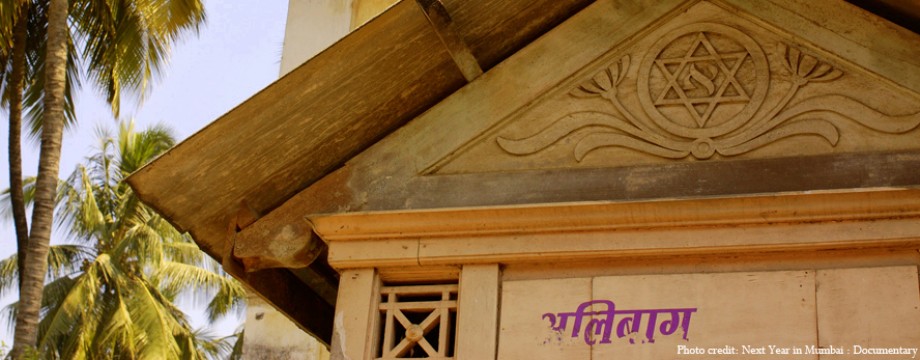
Flower Silliman would treat herself to Calcutta’s finest street dishes on the eighth day, when it was all over. Friends, relatives, and others from the city’s renowned Baghdadi Jewish community – which now numbers less than 20 – kept her company.
“Kachoris, samosas, luchis… everything banned was cherished on this day,” the 86-year-old recalls, recalling a time when the metro was a melting pot of cultures. “Our daily menu includes Bengali, Anglo Indian, Armenian, Parsi, and Muslim cuisines. So long as they’re kosher, that is.”
It’s been three days since Pesach, or Passover, began, and there are still five days left. Until then, India’s six Jewish groups – the Baghdadis, Bene Israelis, Cochin Jews (Malabaris and Paradesis), Bnei Menashe, and Bene Ephraim — eschew chametz (wheat, barley, oats, spelled, and rye). Unleavened matzah, the only bread authorized during these eight days, is a hallmark dish. The Passover Seder requires matzah, as well as five additional contributions (ritual feast).
